changes
changes
What happens to a piece of paper when you tear it? Is it a physical or chemical change?
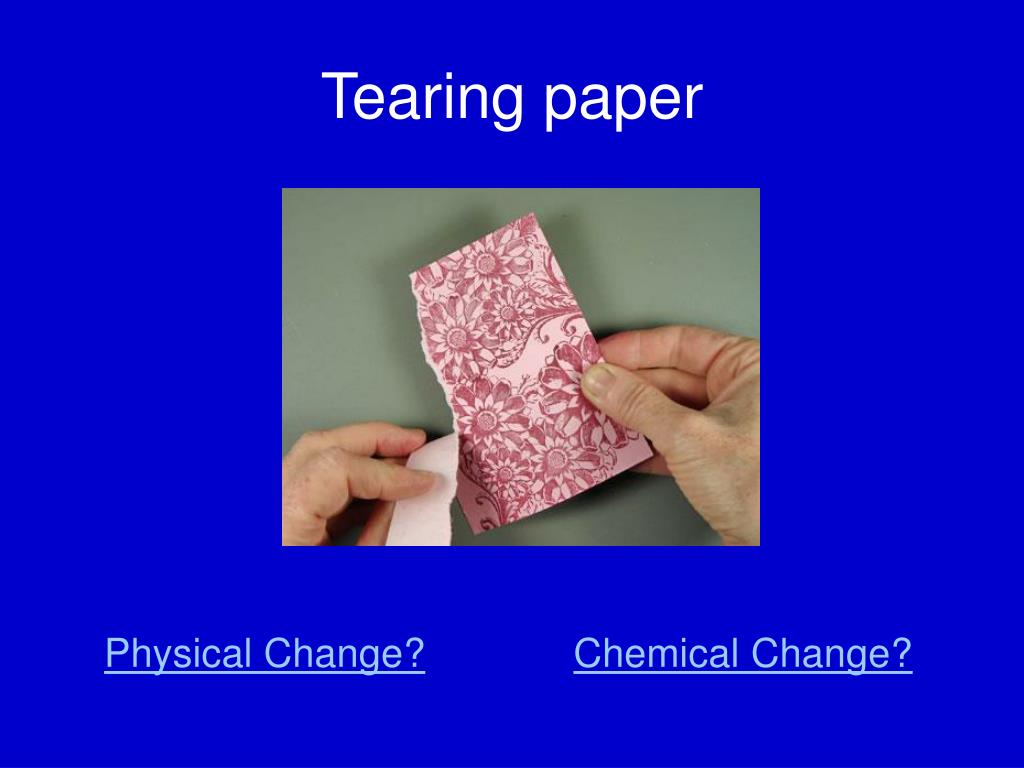
Physical change
What do magnets stick to?
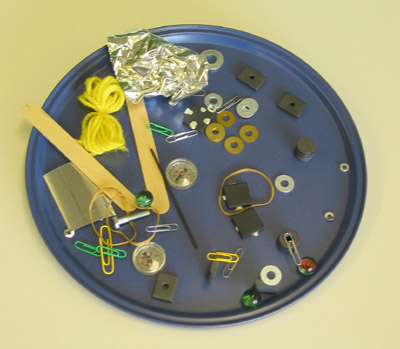
Iron, steel,cobalt
What happens when a volcano erupts?
The lava is building up new land.
What is a cell?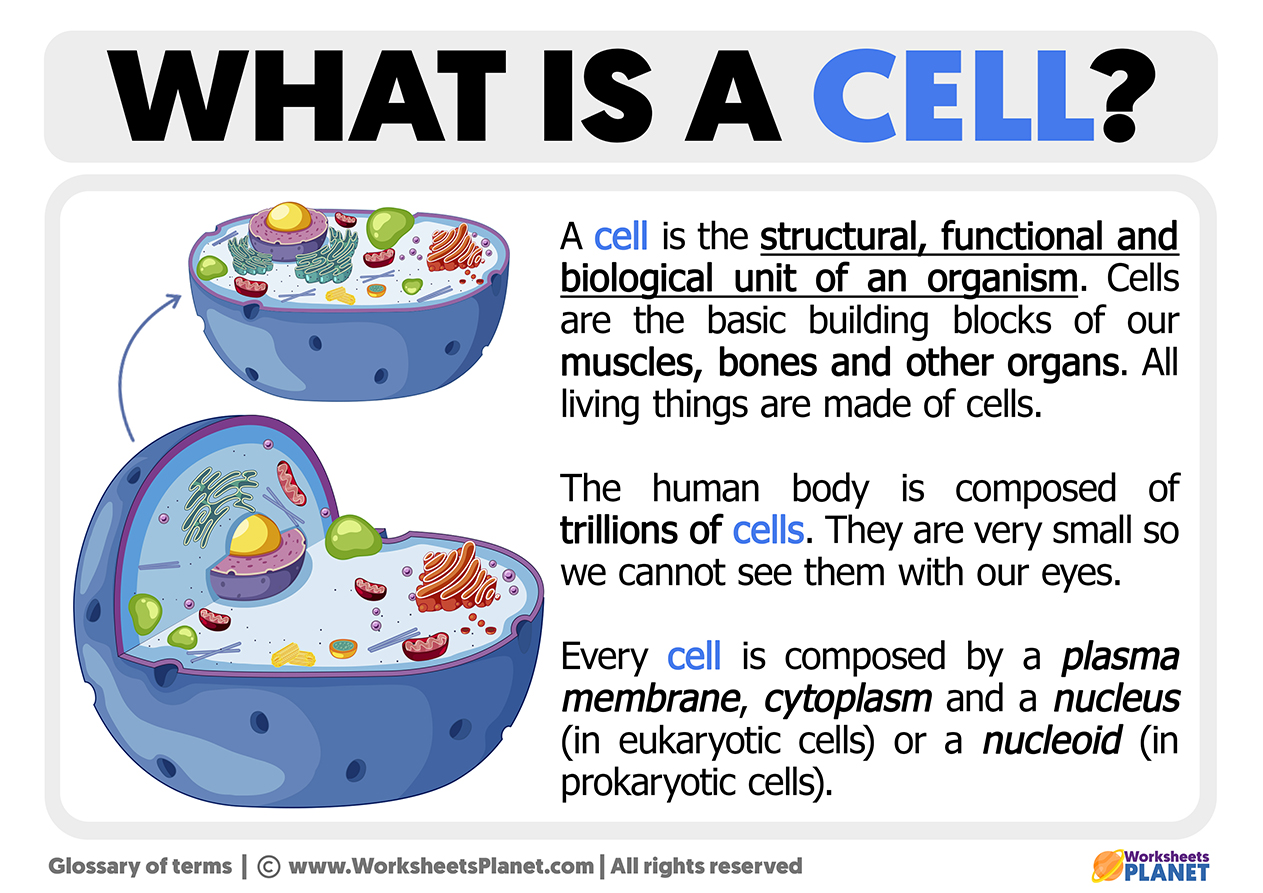
A cell is the basic building block of living things.
Why do you think some plants or animals have similar features to their parents?

This prompts students to think about why offspring resemble their parents.
What happens when you heat up ice?
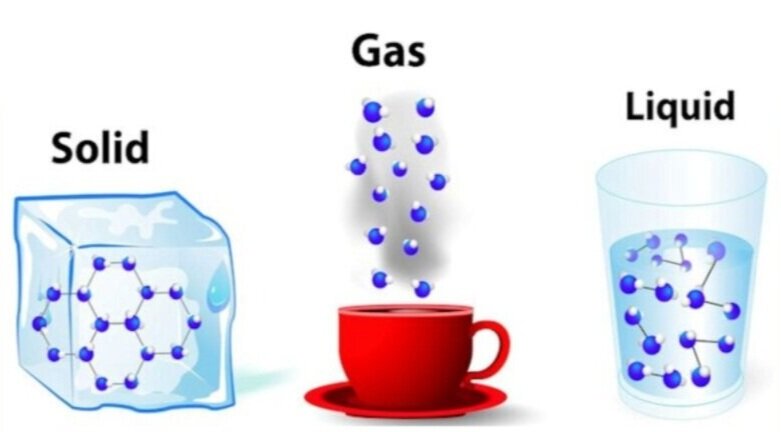
it turns into a liquid
How do batteries make things work?
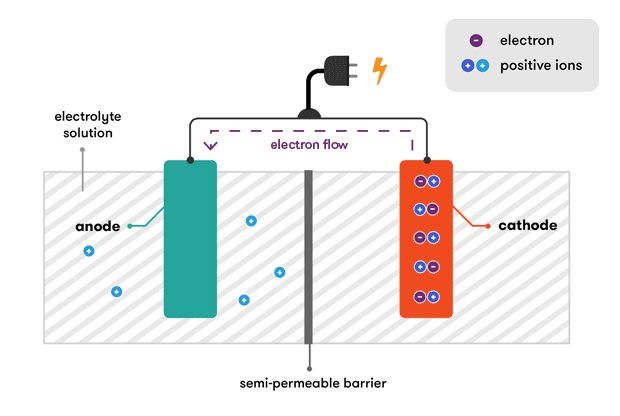

They provide the electricity to power devices
What does a river do when it deposits sand or mud?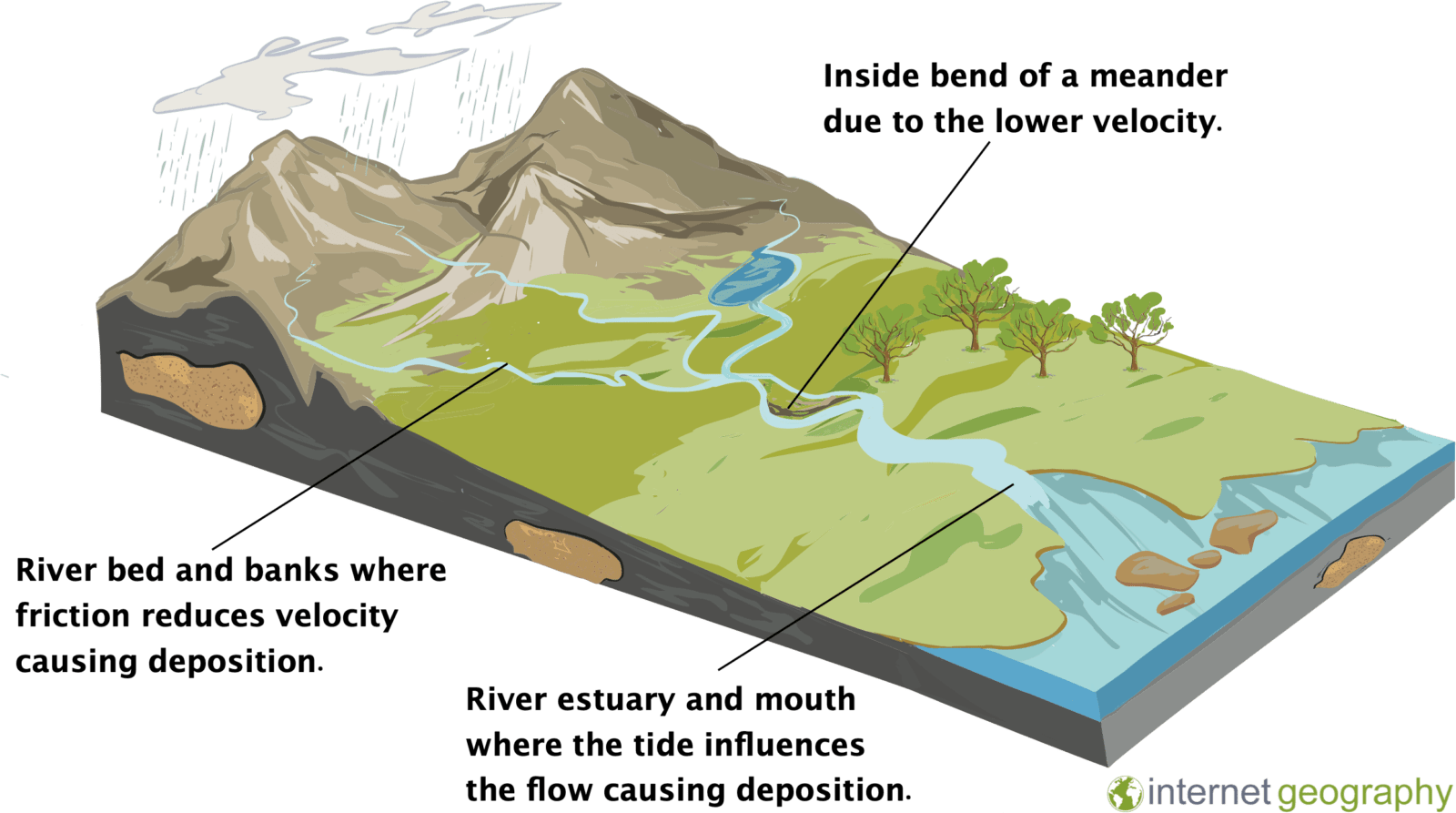
When a river deposits sand or mud, it changes the landscape and creates fertile land.
What are the parts of a cell?
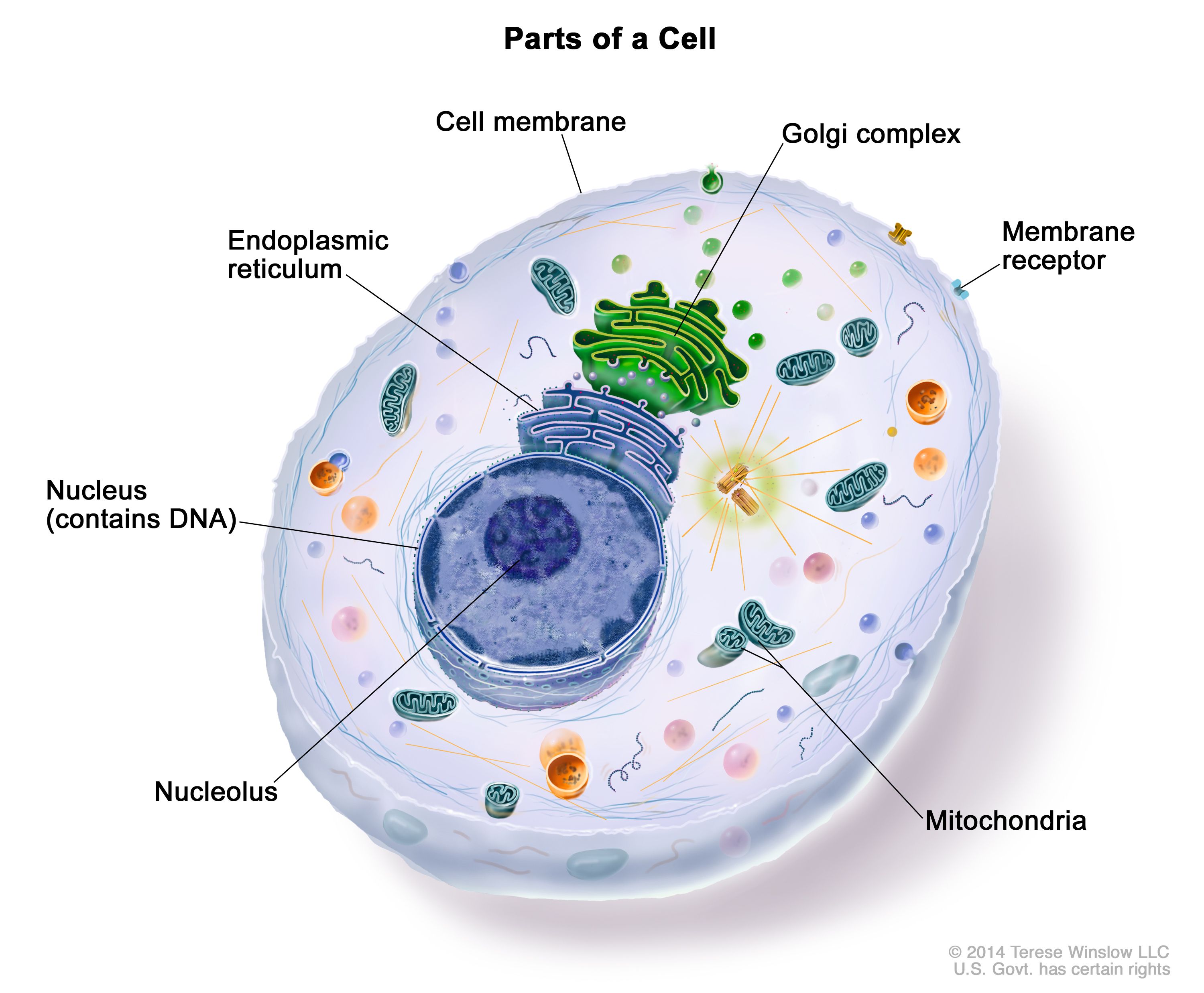
Cell wall, cell membrane, cytoplasm, and nucleus in simpler terms
What are some things you can see in yourself that you might have gotten from your mom or dad?
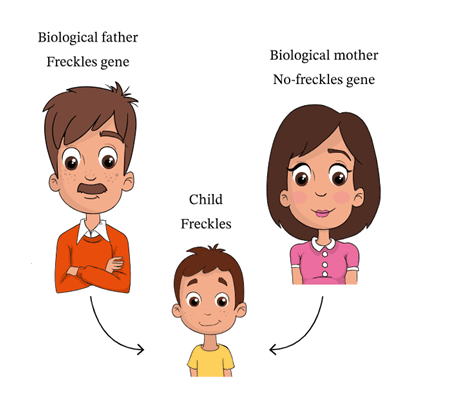
eye color, hair color, ear shape
What is a physical change 
Definitions of physical change. a change from one state (solid or liquid or gas) to another without a change in chemical composition
Do magnets attract or repel each other?
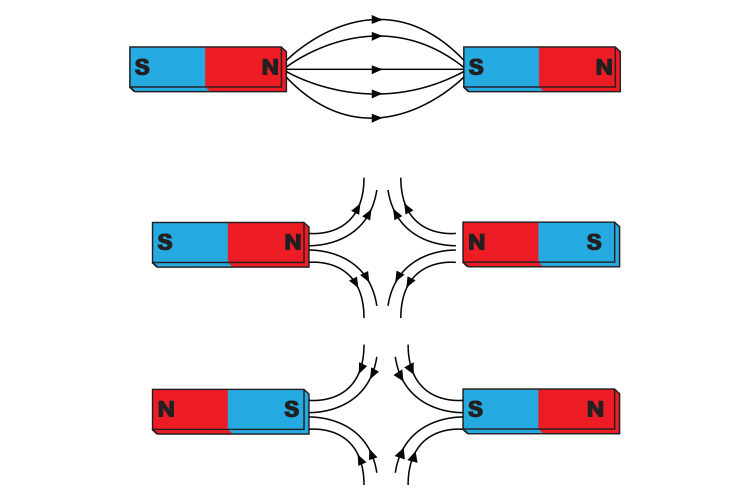
Magnets both attract and repel each other, depending on which poles are brought together.
How does wind help break down rocks?
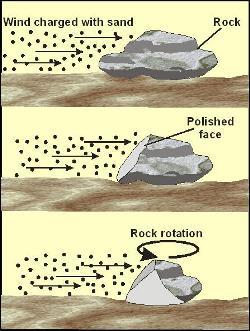

Wind can carry sand and particles that scrape against rocks.
What is the job of the cell membrane?
It controls what goes in and out of the cell.
What are some ways you can group different types of animals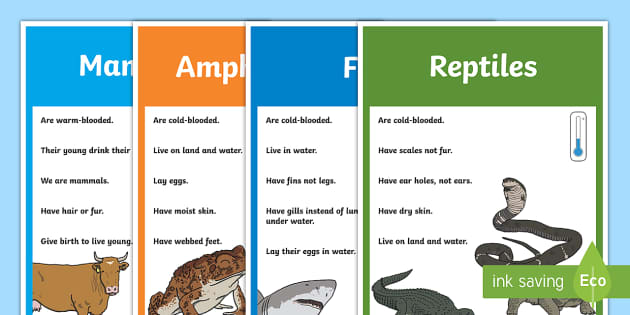
habitat, diet, or what they look like
What happens when a liquid turns into a solid
the molecules slow down and come together in a fixed arrangement and it is called a solidification.
What are some examples of conductors and insulators?
Conductors:aluminum,steel,iron,copper, gold, silver,brass, bronze
Insulators:wood, plastic, rubber,glass,dry air, paper, cotton, cork
How can a river be both constructive and destructive at the same time?

It can carry sediment to build up a delta, but also erode the riverbanks.
How do cells help you grow and stay healthy?
.png?width=4001&name=Superba_2D%20Illustrations%20Fig%205_Handover_150ppi%20-01%20(1).png)
Cells divide to make more cells for growth, and they work together to maintain body functions
How can scientists use the concept of traits to learn more about living things?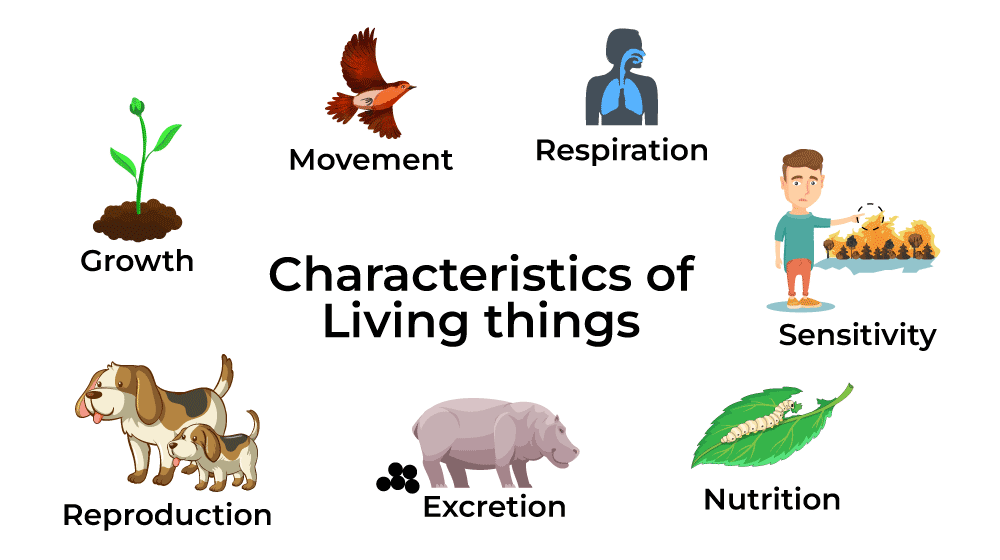
By comparing traits across different species
Can you name three examples of physical changes and three examples of chemical changes?

Physical: melting, freezing, tearing; Chemical: burning, rusting, cooking)
What is the difference between a conductor and an insulator?
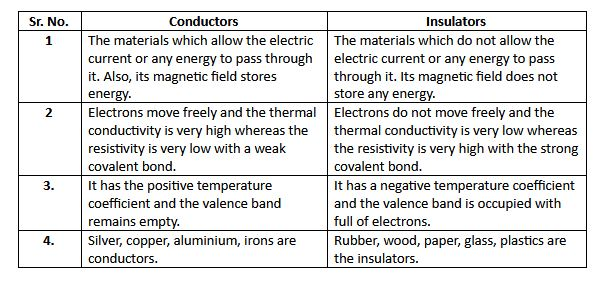
A conductor allows electricity to flow through it, while an insulator does not.
What is the difference between a constructive force and a destructive force?
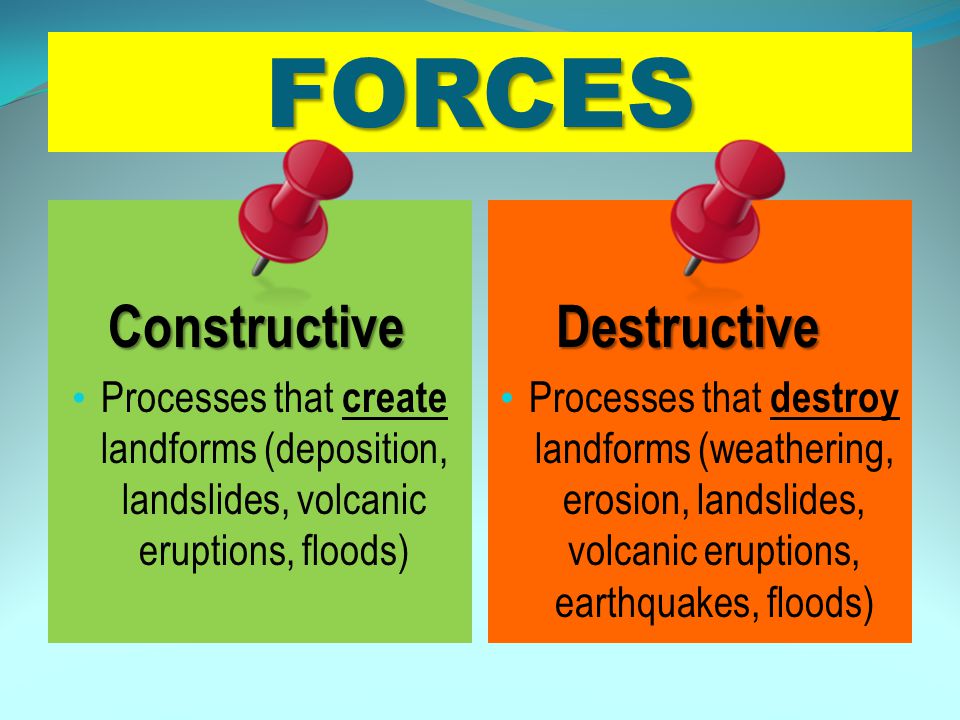
Constructive forces build up landforms, while destructive forces wear them down.
How are microorganisms beneficial to humans and the environment?

Help with digestion, decomposition, medicine, etc.
How do learned behaviors differ from inherited traits?
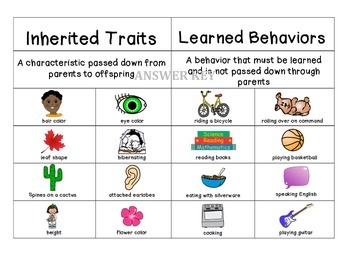
Learned behaviors are acquired through experience and practice, while inherited traits are genetically determined and passed down from parents.